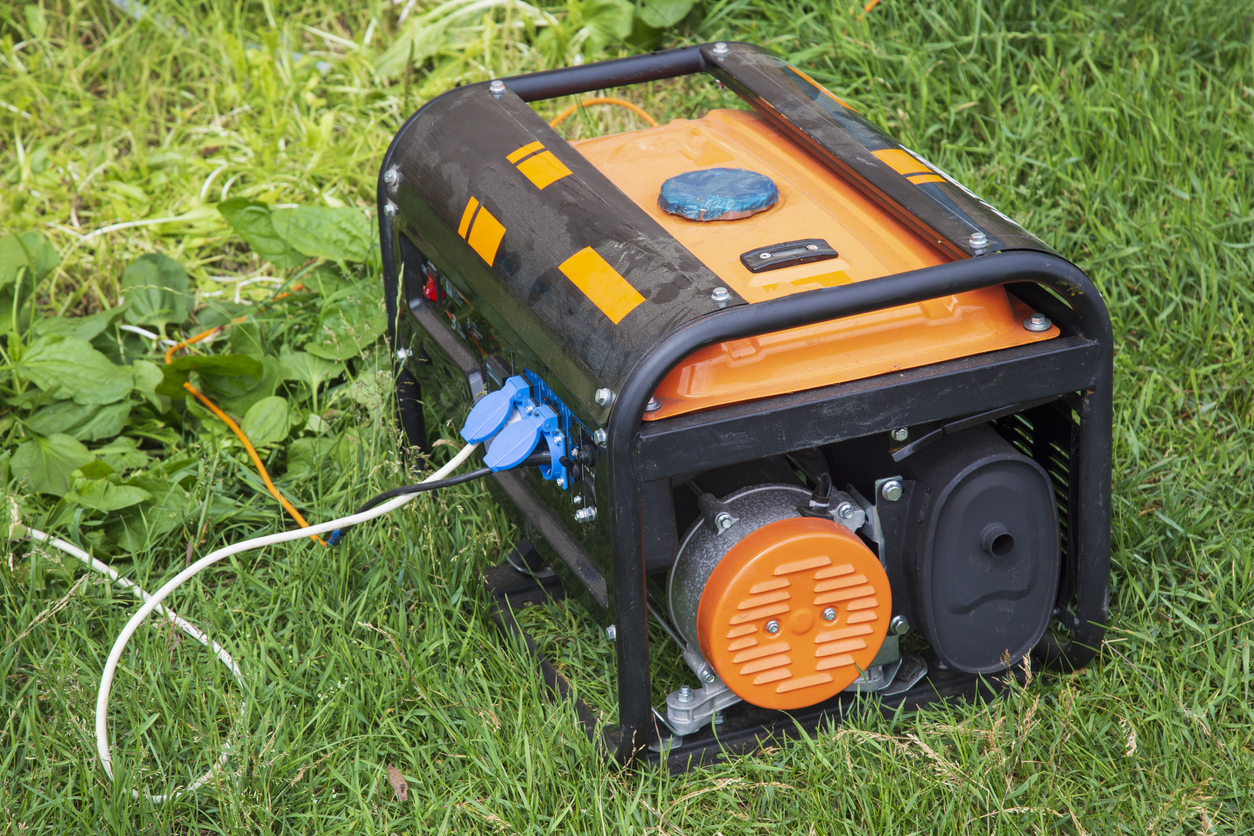Guide to Importing Electric Generating Sets into Nigeria
Guide to Importing Electric Generating Sets into Nigeria
Importing of generating sets into Nigeria is a regulated activity under the Nigerian Customs and Tariff Act, 1999, as amended. It is important that you understand the relevant regulations and procedures before importing any generating sets in Nigeria. This piece will teach you everything about importation of electric generating sets in Nigeria. Read on to learn more!
What are Electric Generating Sets?
An electric generating set or a set of generating sets is a set of electrical equipment that generates electricity. The most common types are hydropower plants and thermal power stations, but any type of generating set can be imported into Nigeria.
Electric generating sets come in different sizes depending on the amount of energy they produce and the demand for power in their area. When importing an electric generating set, you must make sure that it meets the legal requirements for importation. You must also take note of any special restrictions imposed by Nigerian customs authorities such as weight limits, packing size limits, or transit time limits. If you are importing a new electric generating set into Nigeria, you will need to comply with all relevant regulations and procedures before authorizing customs clearance at the port of entry.
If you have any questions about importing electric generating sets into Nigeria, please contact our trade professionals for more information!
How to Import Electric Generating Sets into Nigeria
The Nigerian Customs and Tariff Act, 1999, as amended, has set the guidelines for importation of electric generating sets into Nigeria. It is important that you understand these regulations and procedures before importing any generating sets in Nigeria.
This piece will teach you everything about importation of electric generating sets in Nigeria.
License Required for Importing Generators
Before importing a generator, you will need to apply for a license. The application form is available on the Nigeria Customs and Tariff Board website.
The License Issuing Authority (LIA) directs applicants to contact the relevant State or Federal Ministry about procedures for importing specific generating sets in Nigeria. For example, generators designed for use in the oil and gas industry must be approved by the Nigerian National Petroleum Corporation (NNPC).
Once you’ve submitted your application, it is typically processed within 24 hours. The LIA will inform you if your application has been approved or not and provide you with an authorisation number for the importation process.
Requirements for an Effective Import Declaration
The Nigerian Customs and Tariff Act, 1999 (the Act) regulates the importation of a generating set into Nigeria. The requirements for an effective import declaration are detailed in Section 16 of the Act.
An effective import declaration is only necessary if there is no one who can show that the generator has been installed for use in Nigeria prior to importation.
An effective import declaration must include information on the following:
· The generator’s make, model, serial number, and country of origin;
· Proof that the generator conforms with all applicable international standards;
· Proof that all duties, taxes, and any other charges have been paid or will be taken care of before shipment;
· A statement by the importer that he/she has received a certificate from the relevant authority in the importing country certifying that it is free from any defect which might endanger safety;
· A written warranty on parts and labor to be performed by competent personnel at no cost during 180 days after installation;
· A statement by the importer agreeing to indemnify properly constituted authorities in Nigeria against any injury or damage arising out of failure to comply with these conditions.








LEAVE A COMMENT
You must be logged in to post a comment.